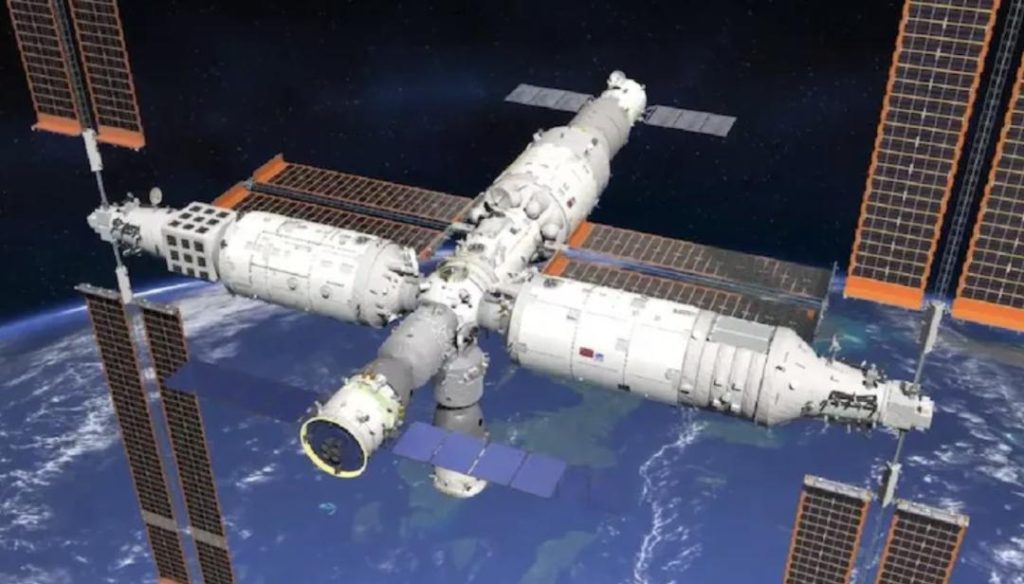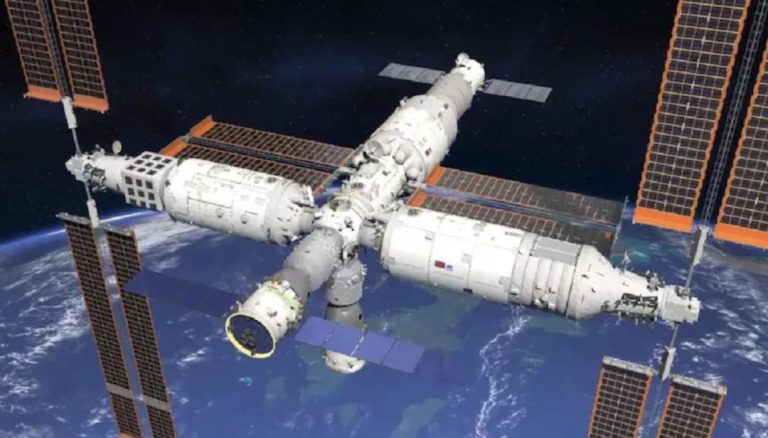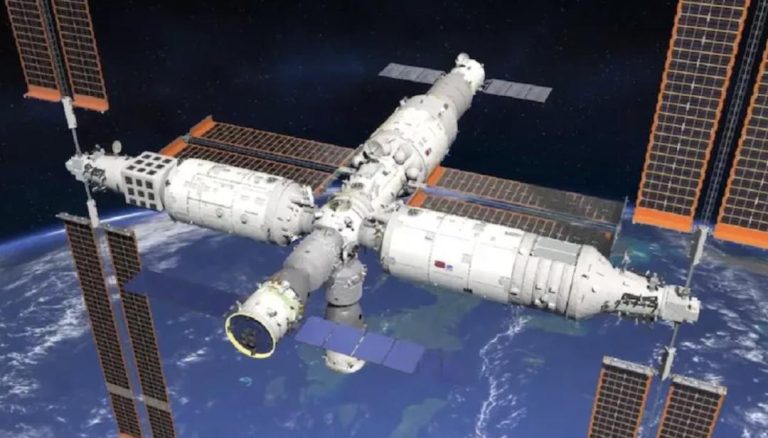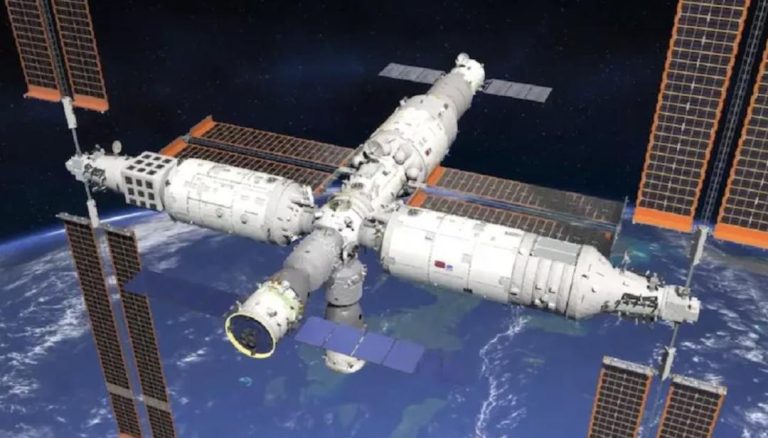
China to Train & Launch Pakistani Astronauts for the 1st Time
In a historic move, China has announced that it will train and launch two Pakistani astronauts for a joint mission to its Tiangong space station. This development marks a significant milestone in the bilateral ties between the two countries, as Pakistan will become the first foreign country to have astronauts trained and launched by China.
According to a recent announcement by the China Manned Space Agency, the two Pakistani astronauts will undergo spaceflight training in China as part of a joint mission to the Tiangong space station. The training program is expected to be comprehensive, covering a wide range of topics, including spaceflight operations, spacewalk training, and scientific experiments.
The announcement comes as a result of a bilateral deal between China and Pakistan to train and send Pakistani astronauts to China’s space station. This deal is a testament to the growing cooperation between the two countries in the field of space exploration and highlights China’s commitment to promoting global collaboration in space research.
The Tiangong space station is China’s first permanent space station, launched in 2020. The station is designed to serve as a research laboratory, observatory, and testbed for spaceflight technologies. With a total mass of around 70,000 kilograms, the station is capable of accommodating a crew of six for extended periods.
Pakistan’s entry into China’s space program is seen as a significant development in the country’s efforts to promote scientific research and innovation. Pakistan has been actively pursuing space exploration and development, with a focus on satellite technology and remote sensing applications.
The training program is expected to be a significant boost to Pakistan’s space program, providing its astronauts with valuable experience and expertise in spaceflight operations. The program will also enable Pakistan to contribute to China’s space research efforts, with Pakistani astronauts participating in scientific experiments and spacewalks on the Tiangong space station.
The announcement has been welcomed by space enthusiasts and experts alike, who see it as a major step forward in international cooperation in space exploration. “This is a significant development in the history of space exploration,” said Dr. Hassan Butt, a space expert at the University of Punjab. “China’s decision to train and launch Pakistani astronauts demonstrates its commitment to promoting global cooperation in space research and its confidence in Pakistan’s space program.”
The training program is expected to be a two-stage process, with the first stage involving basic training in China and the second stage involving advanced training on the Tiangong space station. The training program is expected to take several months to complete, with the Pakistani astronauts expected to launch on a Chinese spacecraft in the near future.
The announcement has also been seen as a major boost to China’s space program, which has been actively promoting international cooperation in recent years. China has already collaborated with several countries, including Russia, France, and Italy, on space exploration projects.
The training program is expected to pave the way for future cooperation between China and Pakistan in the field of space exploration. The two countries have already signed several agreements on space cooperation, including a memorandum of understanding on space technology and a cooperation agreement on satellite technology.
In conclusion, China’s decision to train and launch Pakistani astronauts for the first time is a significant development in the history of space exploration. The training program marks a major step forward in international cooperation in space research and demonstrates China’s commitment to promoting global collaboration in space exploration. As Pakistan’s space program continues to evolve, this development is expected to pave the way for future cooperation between the two countries in the field of space exploration.






